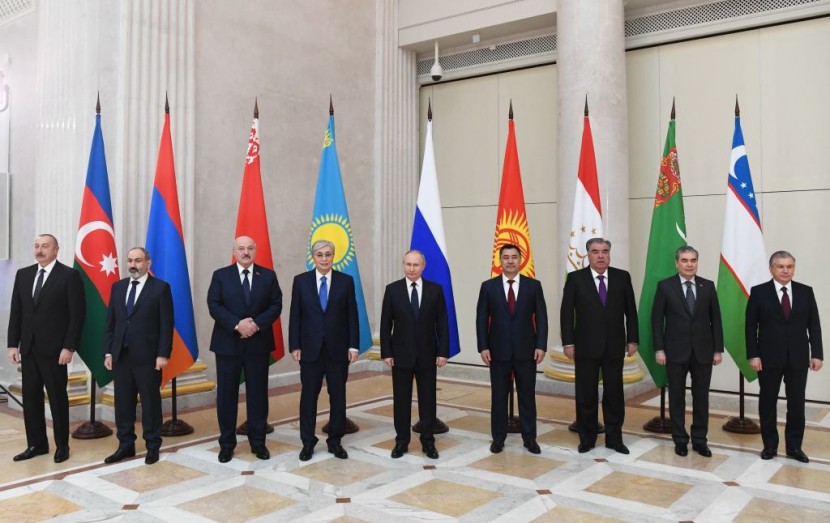
Brussels is failing at keeping Belarusian Leader Lukashenko at bay despite their sanctions and still causing a ruckus at the Poland-Belarus border. Efforts have proven futile that Germany says the bloc is not doing its job.
Minsk has been a thorn on the side of the EU, and it got worse as the immigrant crisis overloaded the Polish border. Lukashenko is also an ally of Vladimir Putin, who is challenging NATO and the bloc in the Ukraine border.
Belarus still exports despite sanctions
German media Der Spiegel called efforts by Brussels to keep the Lukashenko's regime an utter disaster, reported the Express UK.
Symbolic sanctions of oil and fertilizer industries segments were enacted, but one large manufacturer Belaruskali, is still exporting. Like potash salts with a potassium content from 40 to 62 percent, these parts are still traded, for example, the Norwegian Yara group is dependent on. But, the oil industry is still active as the embargo has not been that effective.
Belta, the Belarusian news outlet, said the export of oil products to Estonia would be the highest in 2021 despite alleged sanctions by the bloc.
Recent announcements by the Austrian Timber firm Kronospan will be beginning the building of the fourth plant in Belarus.
In the summer, the migrant waves were going to the borders west of Belarus, the EU's easternmost frontier.
Accusations by Brussels that Lukashenko had waged a hybrid war on the EU border in concert with Vladimir Putin as retaliation against the west. One of these is a human right and the forced landing of RyanAir with a dissident on board the plane.
Migrants reaching the border have multiplied by many, as more are going headlong despite their dangers. These people are risking death just to seek asylum in the EU, citing the BBC.
Lukashenko accused of waging hybrid war
As a result of the dangerous border crossings inhospitable territory, getting stuck where it freezes and a mass of migrants huddle in subhuman conditions.
This year, about 600 migrants went to Belarus trying to cross Poland's forested border. They are from countries such as Iraq, Turkey, Iran, and Syria.
The International Organization for Migration (IOM) convinces migrants to register, especially persons who want to return with its staff and volunteers. Unfortunately, few people are reluctant to spend loads of money to get this far.
Speaking to a migrant from Syria, Yemeni Jndali told Reuters that he'd stay and risk it there. He has nothing to return to in Syria.
Hundreds of people sleep, line up for food, wander around the vast warehouses, or play half-hearted football games. Many little children are among them.
The administration, local officials, and the Belarusian Red Cross are working to assist the migrants, remarked Mohamed Refaad, senior operations coordinator with the IOM, but more assistance with food, shelter, and schooling for the children still is needed.
All this backdrop to the attempts of Brussels to control Belarusian Leader Lukashenko has all but failed, which is lessening confidence in the EU.








